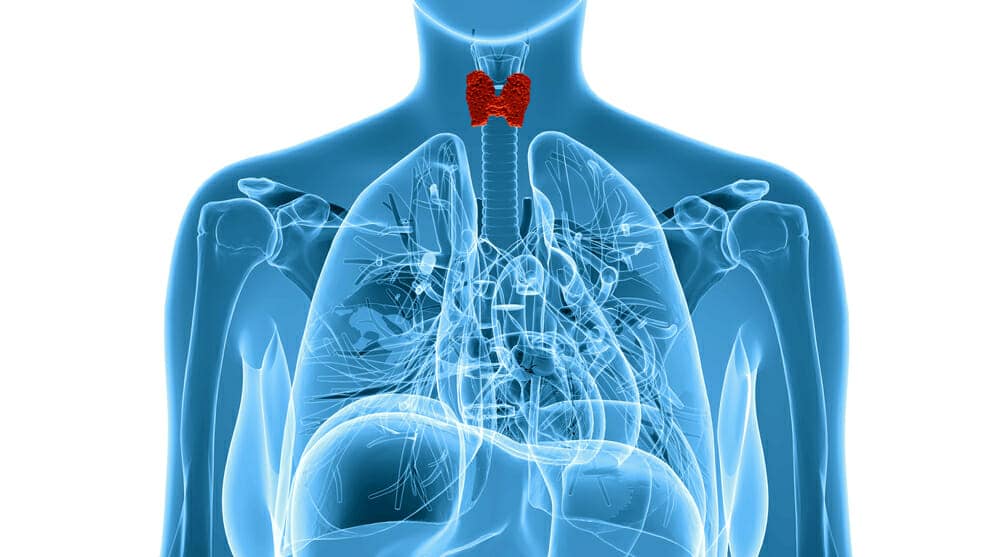Binge eating and alcohol dependence occur in adults with ADHD more frequently than in the general population. A doctoral thesis concludes that the main factor for adults with ADHD who develop these problems are genetic factors. The study looked at twins to examine whether environment or genes had a greater control on developing alcohol dependency and binge eating behavior. Identical twins have the same genetics, while fraternal twins have different genes. In both cases, sets of twins grow up in similar environments. The study found that genes are bigger factor when people with ADHD also have binge eating or alcohol dependence disorders. Environment is also a factor, but a less significant one. The author of the thesis points out that ADHD is common among people who seek treatment for alcohol and binge eating issues. Treating ADHD early in life may prevent these problems from developing later.
Key Points:
- 1Hereditary factors lie behind the fact that people with ADHD often develop alcohol dependence and binge eating
- 2A researched used the Swedish Twin Registry to compare identical and fraternal twins to determine if the occurrence of these two disorders was based on genetic or environmental factors
- 3Since her research suggests that certain individuals inherit a susceptibility for both ADHD symptoms and dependency disorders or binge eating, Andrea Johansson Capusan believes that these problems must be treated in parallel.
We have shown for the first time that the correlation between ADHD symptoms and binge eating in women depends mainly on a common hereditary susceptibility for the two disorders. Much of the correlation between alcohol dependence and ADHD can also be explained by genetic factors.
Read the full article at: https://www.sciencedaily.com/releases/2016/09/160905114804.htm








Reply